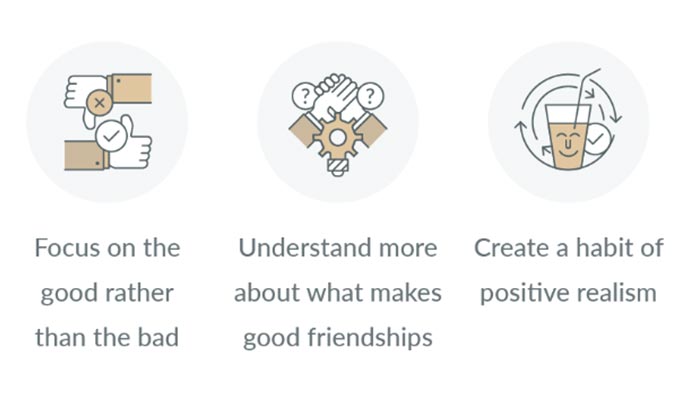
The foundation of well-being and personal growth is self-esteem. It influences your self-perception, problem-solving style, and interactions with others. You’re not alone if you’ve ever battled with self-doubt or unfavorable opinions about yourself.
The good news is that self-esteem might be developed and reinforced; it is not fixed. These 11 doable ways can help you embrace a more self-assured, optimistic version of yourself and increase your sense of self-worth.
1. Recognize and Address Negative Thoughts
Your self-esteem is greatly influenced by your inner monologue. Begin by recognizing negative ideas and challenging their veracity.
- Is this idea predicated on assumptions or facts?
- Should I tell a buddy this?
Use constructive criticism and affirmations to counteract your negative self-talk. Try expressing, “I’m learning and improving with every step”, rather than “I always fail”. Be tenacious in your opposition to negativity.
2. Establish and Accomplish Reasonable Goals
Even modest goals provide a confidence boost when set and accomplished. Establish clear and attainable goals for yourself. For instance, make a commitment to work out three times a week or read one book every month. Honor every accomplishment, no matter how minor. Every accomplishment strengthens your confidence in your skills.
3. Engage in Self-Compassion
Quit being the most critical yourself. Show yourself the same consideration and compassion as you would a dear friend. Remind yourself that failing is a natural aspect of being human whenever you make mistakes. Focus on what you can learn and how you can develop rather than on your mistakes.
4. Be in the Company of Positive People
The individuals you spend time with have the power to either make you feel better or worse. Be in the company of people who encourage and support you. Give up harmful connections that make you feel inadequate. Look for communities that promote growth and optimism as well as friends and mentors.
5. Develop Your Abilities and Capabilities
Spend time doing things that give you a sense of accomplishment and competence. Your sense of value is increased as you expand your talents whether that be through learning a new language, becoming proficient in a hobby, or enhancing your professional abilities. Follow your passions and what makes you feel alive.
6. Maintain Your Physical Well-Being
Your mental health and physical health are closely related. A healthy diet, regular exercise, and enough sleep can all greatly enhance your mood and vitality. Your self-esteem naturally rises when you feel robust and healthy. Make taking care of your body a top priority.
7. Accept Your Gratitude
Being grateful causes you to change your perspective from what you lack to what you have. Jot down three things for which you are thankful every day. By rewiring your brain to focus on the good things in your life, this practice helps you feel happy and valuable.
8. Venturing Beyond Your Comfort Zone
When you challenge yourself, you grow. Whether it’s speaking up in meetings, trying a new activity, or meeting new people, take baby steps outside of your comfort zone. Every accomplishment you make outside of your comfort zone boosts your self-assurance in overcoming obstacles in life.
9. Develop Your Ability to Refuse
Setting limits is frequently difficult for those who have poor self-esteem. They become too committed and resentful because they dread rejection or conflict. When something doesn’t fit with your values or priorities, practice saying no. Being assertive is crucial for maintaining your energy and sense of self-worth.
10. Pay Attention to Your Advantages
It’s simple to obsess over your alleged shortcomings, yet doing so damages your sense of self-worth. List your accomplishments, skills, and strong points. Regularly review this list to remind yourself of your worth. Honor your individuality and play a part in your accomplishments.
11. Seek Professional Assistance If Needed
If you’re having too much trouble with your self-esteem, think about getting help from a therapist or counselor. Seeking professional assistance can assist you in resolving long-standing problems, reframing unfavorable ideas, and creating more constructive coping strategies. Making mental health a priority is essential to developing long-lasting self-esteem.
Self-esteem improvement is a process rather than a final goal. You can cultivate a better relationship with yourself by regularly putting these strategies into practice. Recall that having self-esteem is about accepting your intrinsic value and realizing your potential, not about being flawless. Act now, and you’ll see your self-esteem and confidence rise.

Leave a Reply